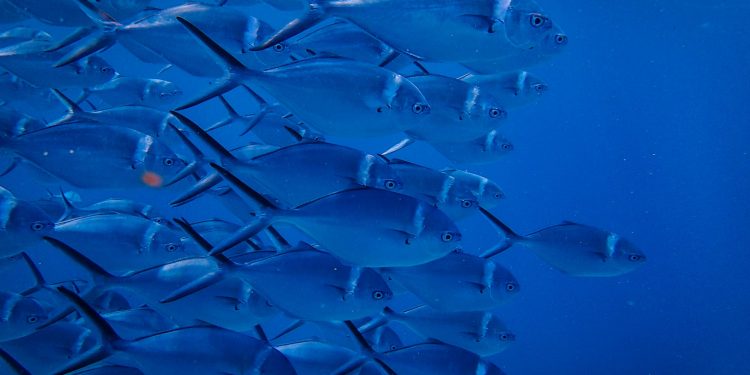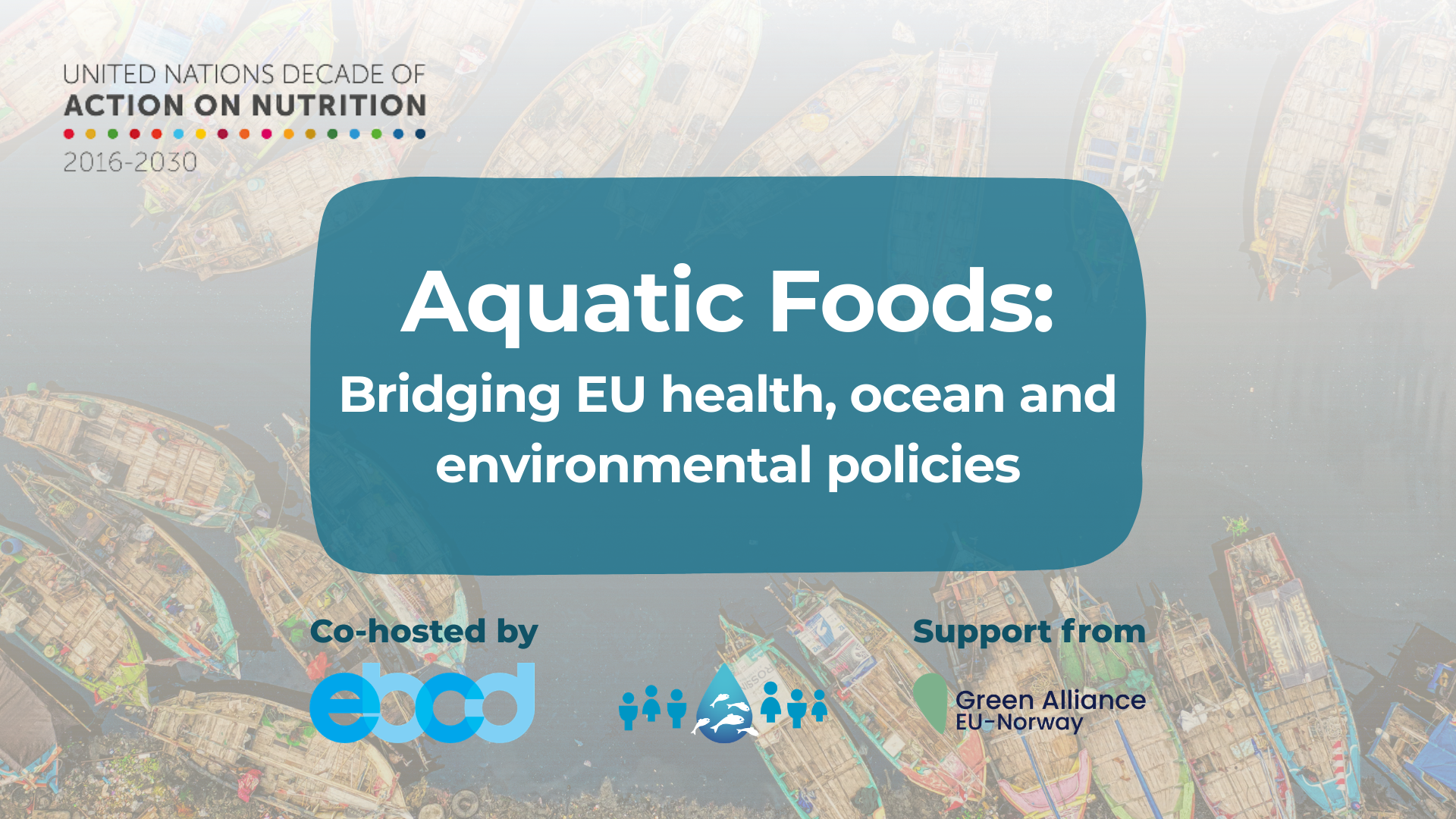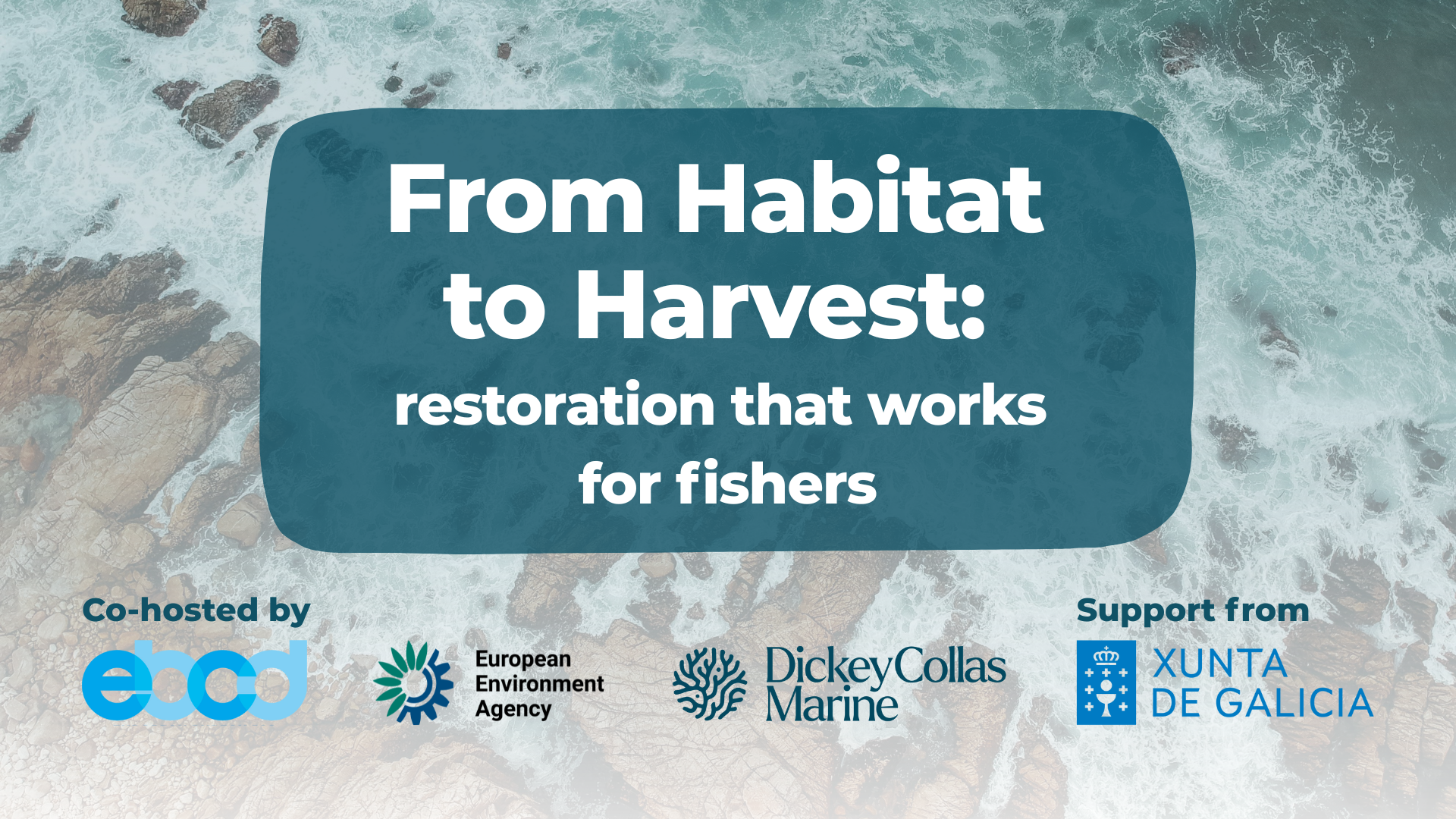On 11-15 November 2019, the Fisheries Expert Group of the IUCN Commission on Ecosystem Management (IUCN-CEM-FEG) participated in the Thematic Workshop on Marine and Coastal Biodiversity for the Post-2020 Global Biodiversity Framework, and the two-day event Advancing Ocean Action Towards Sustainable Development Goal 14, both held in Montreal, Canada. The two meetings were organized by the Convention on Biological Diversity (CBD) and are part of a series of consultations for the formulation of the Post-2020 Global Biodiversity Framework, which will be adopted at CBD 15th Conference of the Parties (COP) in China, in October 2020. In January 2020, the CBD Secretariat posted the Zero Draft of the Framework, available here.
The event Advancing Ocean Action Towards Sustainable Development Goal 14 preceded the Thematic Consultation and aimed at showcasing experiences, best practices and lessons learned on marine and coastal ecosystems, mangroves, and coral reefs. As such, the event helped to advance progress towards the achievement of SDG 14. Moreover, synergies and interlinkages between SDG 14 and the Post-2020 Global Biodiversity Framework currently under negotiation were highlighted. Following this two-day focus on SDG 14, the Thematic Workshop on Marine and Coastal Biodiversity took place in the same venue and prepared the development of the post-2020 biodiversity targets related to the marine environment. The main topics discussed were (1) Exploitation of Marine Resources, (2) Marine Pollution, (3) Marine Ecosystems (4) Ecosystem Restoration, (5) Area-based Conservation Measures, (6) Endangered Species.
IUCN-CEM-FEG, coordinated by the European Bureau for Conservation and Development, has been actively involved in both events, by contributing to inform the CBD Secretariat on marine capture fishery-related issues, and in identifying linkages between the post-2020 biodiversity targets and SDG 14. In fact, FEG experts produced, under request of the CBD Secretariat, a briefing on the status and trends on fisheries and possible biodiversity targets (see p. 38 of the report available here). Serge Garcia, FEG Chair, also made a presentation during the two-day meeting on SDG 14, providing a strong knowledge-base for further discussion on the formulation of the post-2020 targets. The input provided by FEG will inform the formal negotiations starting with the second meeting of the CBD Post-2020 Task Force in February 2020, during which a zero draft of the Post-2020 Global Biodiversity Framework will be developed. On this regard, FEG has been asked to continue providing scientific advice on marine- and fisheries-related issues to CBD.
Through this process, the CBD Secretariat aims to collect concrete, measurable proposals for the post-2020 biodiversity targets that can be achievable and realistic for all stakeholders. The negotiations of the Post-2020 Global Biodiversity Framework are closely linked to and will affect other international processes on marine-related issues, such as BBNJ, FAO Committee on Fisheries, Our Ocean Conference, UN Ocean Conference, and the UNFCCC. IUCN-CEM-FEG continues to provide scientific and technical assistance on marine- and fisheries-related issues and aims to closely monitor, attend and inform all international processes indicated above.




